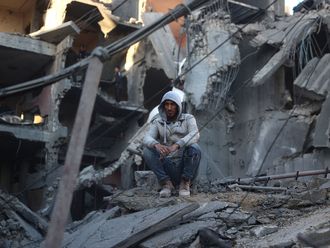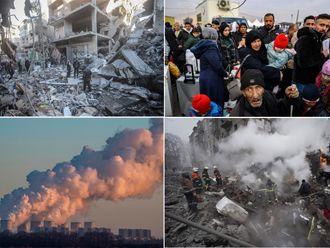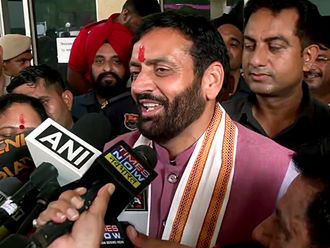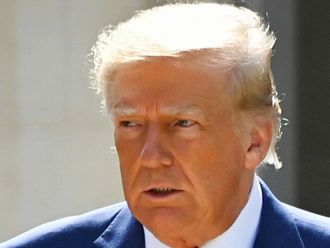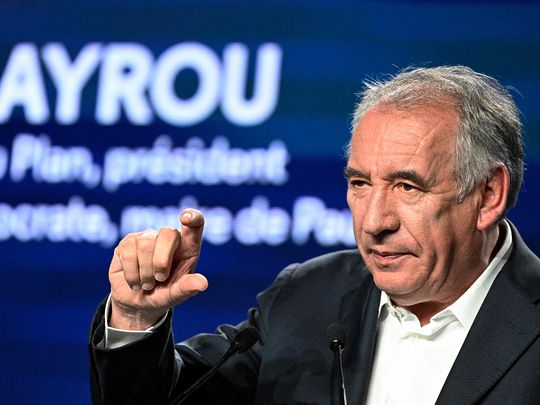
France finds itself at a critical juncture, navigating a political storm that has shaken its leadership and exposed deep divisions. President Emmanuel Macron has turned to François Bayrou, a trusted ally and seasoned centrist, appointing him as the new prime minister. This move, following the dramatic ousting of Michel Barnier via a no-confidence vote, is an attempt to stabilise the nation’s fractured political landscape.
At 73, François Bayrou is no stranger to French politics. As the founder of the Democratic Movement (MoDem), he has built a reputation for pragmatism and bridge-building. Yet, even with his extensive experience, the task ahead is daunting. With a deeply divided parliament featuring left-wing, far-right, and centrist blocs, Bayrou must quickly draft a 2025 budget that satisfies a broad spectrum of demands.
France’s current political paralysis stems from the July parliamentary elections, where Macron’s centrist coalition lost its majority. Disillusioned by stagnant wages, rising costs, and unpopular pension reforms, voters delivered a fragmented parliament comprising Jean-Luc Mélenchon’s left-wing coalition, Marine Le Pen’s far-right National Rally, and Macron’s centrist allies. The result has been gridlock, with Michel Barnier’s short-lived tenure as prime minister serving as a cautionary tale for Bayrou.
Controversial proposal
The economic challenges facing France are immense. The budget deficit is projected at 6.1% of GDP, and public debt continues to soar. Barnier’s controversial proposal to address these issues through €60 billion in tax hikes and spending cuts sparked fierce resistance, uniting left- and right-wing lawmakers against him. Bayrou must now tread carefully, balancing fiscal responsibility with the need to address public concerns without alienating key factions.
Marine Le Pen has adopted a strategic approach, positioning herself as a potential ally — but strictly on her own terms. She has underscored her party’s “red lines” and urged Bayrou to prioritise tackling the cost-of-living crisis and immigration.
The left-wing coalition remains divided. Some factions are open to dialogue with Bayrou, while others, such as Mélenchon’s France Unbowed, have dismissed the entire process as a “pathetic spectacle.” The Socialists and Greens, though reluctant to join the government, have hinted at the possibility of cooperation.
Macron's precarious position
Macron’s choice of Bayrou reflects the president’s precarious position. Reports suggest Macron initially preferred another candidate, Roland Lescure, but pivoted to Bayrou after the latter threatened to withdraw his party’s support. This decision underscores the fragile nature of Macron’s authority midway through his second term.
Reactions to Bayrou’s appointment have been mixed. Supporters commend his conciliatory tone and determination to “hide nothing, neglect nothing, and leave nothing aside.” Critics, however, view it as a temporary fix for deeper systemic issues. The coming weeks will test Bayrou’s ability to deliver on his promises and restore public trust.
France’s political crisis is not merely a test of leadership; it is a reflection of broader challenges confronting democracies worldwide. Governing in an age of polarisation requires not only skill but also the ability to overcome division and build bridges. For Bayrou, the stakes could not be higher. Success might chart a path towards stability, while failure risks deepening the fractures in an already fragile system.
Ahmad Nazir is a UAE based freelance writer, with a degree in education from the Université de Montpellier in Southern France


